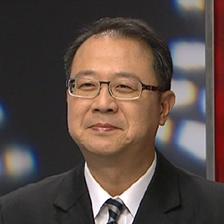

10:00 am EST - 12:00 pm EST
Past Event
10:00 am - 12:00 pm EST
1775 Massachusetts Avenue N.W.
Washington, DC
20036
Taiwan held elections for the president and all the members of the Legislative Yuan on January 11. Although President Tsai Ing-wen had maintained a strong lead in the polls, there were questions about the reliability of some polls. Moreover, the outcome of the legislative elections was very uncertain. China, which has long made clear its dislike of the Tsai administration, had predictably intensified its pressure campaign against Tsai and Taiwan, hoping to impact these elections. In the end, Tsai Ing-wen was reelected, and the Democratic Progressive Party maintained its majority in the Legislative Yuan.
On January 16, the Center for East Asia Policy Studies at the Brookings Institution hosted a panel of policy experts for a discussion on the results of the elections and their implications for domestic governance in Taiwan, relations between the two sides of the Taiwan Strait, U.S.-Taiwan relations, and other policy implications.
10:00 am - 12:00 pm
Moderator

Discussant





Jonathan Katz, Kathryn Dunn Tenpas
July 3, 2025

William A. Galston
July 2, 2025

Elaine Kamarck
July 2, 2025